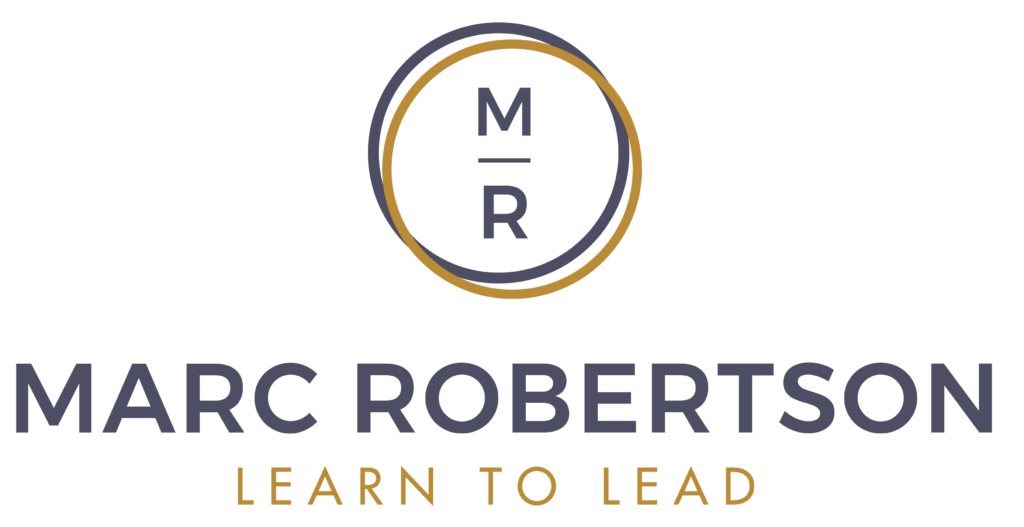5 Tips For Team Leading
Leading a team of employees can be a very satisfying or very difficult experience for the team leader. We all want to be good at leading teams, and of course we want to be thought of as strong as well as compassionate leaders who make team members feel appreciated, encouraged and heard. Last and most important, we want them to trust us.
Before diving in, let’s define what the goals would be for leading a team as clearly as possible. Also put them in the context of specifically what your team has to accomplish.
Gaining an understanding of who employees are will help any leader develop the emotional intelligence that will lead to the growth of the team, and you, both personally and professionally.
Teams that are given clear guidelines on how to collaborate will be far more successful than teams without clear guidelines.
Taking leadership responsibility for a team includes developing the next generation of leaders by understanding each employee’s potential and committing to their growth.
All of the points above will lead to greater team and individual productivity and success.
Smart leadership includes aligning the company’s goals with the career goals of employees. This will naturally make employees feel they are on a path to advance their careers.
1. Conscious leadership
In order to communicate effectively with the people you work with first you have to become conscious enough to be aware of who they are, and where they are at, on any given day. This skill is defined as having high EQ or Emotional Intelligence.
The first step in developing your conscious leadership skills or EQ is by putting the person before the task. Look at them first as people, not as their particular job. If you start doing this you will develop the ability to see what their current condition is (slammed with work, worried about their kids, etc.). Gauge how you will lead and manage them based on what you see. This is the foundation of building trust with your employees. They will sense and know that you are always looking out for them.
Successful leaders strive to be more conscious in their communication and action. This quality enables them to understand the needs of their employees and guide them to overcome obstacles. Emotional intelligence can be developed and strengthened over time. Showing your employees that you are there to serve them, not the other way around, is the context for accomplishing both.
2. Know the Strengths and Weaknesses of Team Members
Each member of your team is unique. As a leader, it is important to recognize how best to connect with them individually and collectively to achieve the greatest results. This is why open communication is essential. Knowing your employees will give you a roadmap of how best to guide them.
By achieving open communication, employees will be wide open to taking direction from you on how to best use their strengths and on what they need to do to overcome their weaknesses. This becomes the basis for mutual trust, acknowledgment and respect between employees and managers.
Discovering the strengths of your team and helping each individual develop these skills will allow all of them to reach their potential – and in turn guide others who follow in their footsteps.
3. Ask Questions
Employees grow when they feel respected and heard. Asking them simple foundational questions like: “What do you need?,” “How is the project going?,”… “How do you think it could go better?,” and genuinely listening to their answers shows employees that they matter. It also provides greater insight into how to develop strategies with the employees’ concerns and ideas in mind. Employees will have now contributed to the path that’s chosen, which in turn makes them increasingly invested in the results.
Showing an interest in how your team is doing and helping them reach their goals, you will establish trust with them. They in turn will be far more inclined to look out for you as their leader.
4. Empower Your Team
Managing from a position of control and fear creates employee resentment , and is not nearly as effective as being a leader who has earned the trust of his or her employees.
By committing to conscious communication and empathy you’ll teach your employees by example. Giving autonomy to team members, and showing that you’re confident in their skills will encourage independent and responsible employees.
They become proactive in accomplishing team goals without needing any prodding.
5. Guidance Without Judgement
No one likes to be told they are wrong or have made a mistake. When addressing failures, it’s important to communicate with your team that improvement is the goal, not perfection. Providing timely, effective feedback without condemnation will help each employee do better. This keeps small problems small, and prevents them from building up a head of steam. Just as there are setbacks for them, there will be setbacks for you. Honestly acknowledging your mistakes and showing vulnerability will enable them to be honest about their mistakes as well, giving everyone the opportunity to learn and improve as a team.
Humans are complex beings and managing them requires both skill and nuance. Coaching managers to become effective leaders is your passion. If you’d like to reach your goal of becoming a successful leader, click the link below.
Tagged leading teamsteam leading

